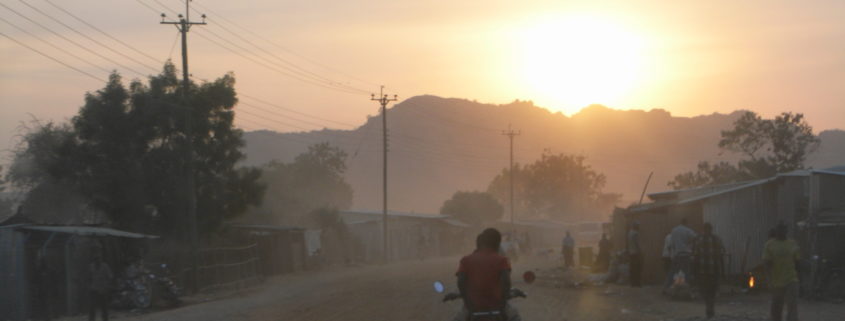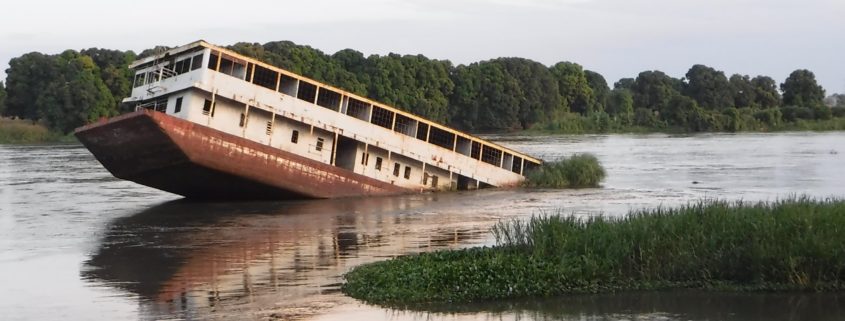This policy brief highlights the role that donor headquarters play in shaping the incentives and rules of the aid system, influencing implementing partner decisions, policies, and investments. It takes a deeper look at how some well-meaning policies can unexpectedly backfire, leading to new challenges, inefficiencies or in some cases, perpetuate conflict. To do so, it analyses five well-meaning policies common to many donors that can have unexpectedly negative results within conflict-affected countries, providing examples from…
About Audrey Bottjen
This author has yet to write their bio.
Entries by Audrey Bottjen
This CSRF discussion paper is intended to support policy makers, programme designers, donors, and managers with theory and proposed objectives that can be used to integrate greater adaptation into humanitarian, development, and peacebuilding programmes in South Sudan. The paper builds on CSRF support to stakeholders within the Partnership for Peacebuilding, Resilience and Recovery (PfPRR) to understand and act on options for building adaptive management approaches into the partnership’s approach. Aiming to engage a wider audience,…
This year marks the 30th anniversary of the start of Operation Lifeline Sudan (OLS) and the start of the modern period of aid provision in South Sudan. This landmark humanitarian relief response was built around a ground-breaking agreement between the Government of Sudan, the SPLM/A, and the United Nations, and was instrumental in saving countless lives – it also set into place some of the patterns of interaction between international aid and the context that…
“There are no clear boundaries or lines of rupture between war and peace. They form a continuum, in a temporal as well as spatial or social perspective.” The statement above is one of the key findings presented in Juba by a group of researchers from Switzerland, South Sudan and Côte d’Ivoire earlier this month at an event hosted by the CSRF and the UK’s foreign aid department, DFID. According to the researchers, who studied civil…
Some Infos
Lorem ipsum dolor sit amet, consectetuer adipiscing elit. Aenean commodo ligula eget dolor.
Pages
- About Our County Profiles
- Blog
- Case Studies Grid
- Central Equatoria
- Conflict Sensitivity Resource Facility South Sudan
- Contact Us
- Contribute a Repository Article
- County Profile HTML links
- County Profiles
- COVID-19 HUB
- Covid-19 information page
- CSRF About Us
- CSRF Helpdesk
- CSRF Helpdesk Form
- CSRF Login
- Dashboard
- Deliverables
- Demo
- Events
- Forgot password
- Guides, Tools and Checklists
- Helpdesk
- Home
- Latest
- Looker Studio
- Subscribe


